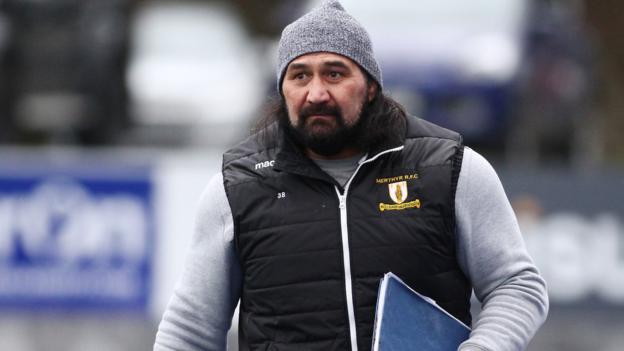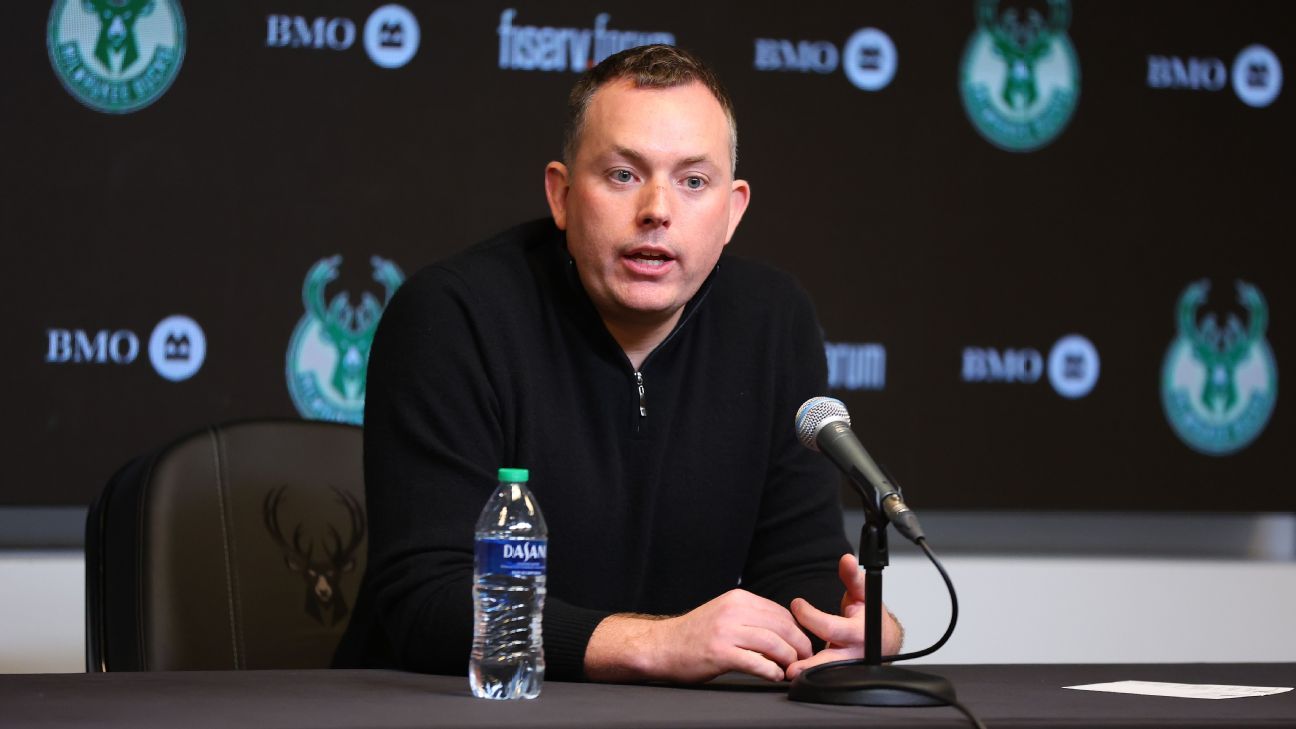
It has been quite a World Cup journey for Merthyr coach Dale McIntosh.
Four years ago he filled a 2015 World Cup security role, looking after the Wales, France and Argentina squads at the Vale of Glamorgan resort.
McIntosh will travel to the 2019 edition in Japan as the Namibia defence coach.
McIntosh will link up with Welshman and his former Cardiff Blues boss, Phil Davies, as Namibia face the daunting prospect of trying to stop reigning champions New Zealand and South Africa in their pool.
The 49-year-old admits life has changed following his departure from Blues in June 2015.
"My reaction probably would have been disbelief if you had told me then I would be in this situation now, but I always backed myself as a coach," said McIntosh.
"I had been coaching the Blues and it was tough when I left. I took a bit of a kick in the guts. I learned from that, don't regret my time and came away a better person.
"During the last World Cup I was doing security - I was looking after Wales, France and Argentina down the Vale.
"It was different and I enjoyed it. The Welsh squad were my mates, so I was looking after my friends and that was easy.
"I had spent time in the Welsh camp as an invited guest before so it was no surprise to see they were so well organised.
"It was interesting to learn the different cultures of the teams. I saw things I would have not before and was able to measure sides against each other.
"I took a lot from that experience in relation to where I went as a coach and can take a bit of that into this tournament."
McIntosh says "it is an honour" to be involved in the World Cup in Japan after being granted time away by his club side Merthyr, where he will return after the tournament.
Namibia are not expected to win a game in a pool which features the All Blacks, Springboks, Canada and Italy.
Defence coach is perhaps the hardest role of all, but McIntosh says he is not going there to make up the numbers.
"It was not something I had to think over for a long time," he said.
"It's a great achievement to say to your grandkids you have coached in a World Cup.
"It is an opportunity for myself and Merthyr to have one of their coaches at the World Cup. That is unheard of.
"I realise it is a massive challenge but life is about challenges.
"I back myself as a person and coach. We won't reinvent the wheel but will look at minimal changes and areas we can improve.
"The main thing is to get better but personally I would like to win a game. I know how extreme that statement is in a group that includes New Zealand and South Africa, but that's the type of person I am. I don't go anywhere to be second.
"So I don't want it just to be a nice experience. I don't want to be an outsider from Wales who just went there to jump on the World Cup bandwagon. I want people to say he came in and made a difference."
McIntosh has become an adopted Welshman since arriving from New Zealand in 1989 as a teenager and never returning home.
He achieved cult hero status as a no-nonsense number eight with Pontypridd, acquiring the nickname 'Chief', and won two caps for Wales in 1996 and 1997 after qualifying on residency.
But McIntosh admits coaching against his native New Zealand could top the lot as he recalls the inaugural 1987 tournament which the All Blacks won on home soil.
"I will be very proud," said McIntosh.
"My family didn't know where Namibia is in relation to the world map but they don't really care.
"They definitely know where it is now.
"They will be watching on television and will be proud. The All Blacks is all that I lived for in relation to sport. Every time you are playing the All Blacks, you are playing your World Cup final.
"I have huge memories of the 1987 World Cup when I was about 16.
"My childhood hero was Wayne 'Buck' Shelford and he was a massive contributor to that World Cup win and also to New Zealand and Maori rugby."
McIntosh and Davies will be among a string of Welsh coaches at the World Cup, where they will be joined by Lyn Jones and Shaun Connor (Russia) and Kingsley Jones and Gruff Rees (Canada).
It is quite a contrast to domestic rugby, with no homegrown head coach at any of Wales' four regions.
"The talent is there but regional rugby is a tough business," said McIntosh.
"I don't think there is enough trust and faith in some of the Welsh coaches.
"I don't blame the regions, but there is a tendency to look outside when there are some good coaches here in Wales."















 Phone: (800) 737. 6040
Phone: (800) 737. 6040 Fax: (800) 825 5558
Fax: (800) 825 5558 Website:
Website:  Email:
Email: 






